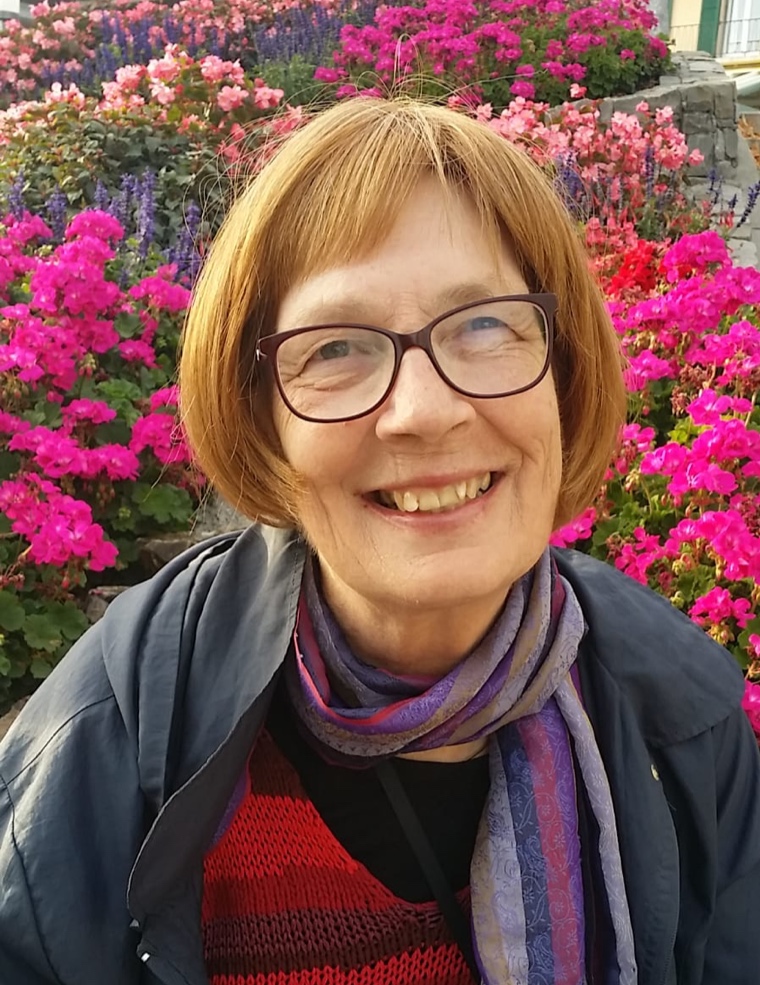Hope For The Babies – Knitting For Equality
"Through HOBI we empower women to offer better chances to newborn babies and their mothers. And it is innovative, creative and fun!"
Knitting is an ancient and easy practice that has recently been put at the service of human rights and women empowerment. Here is how a non-profit organization based in Switzerland is helping to improve health and life conditions of mothers and babies in Afghanistan, thanks to… knitting.
Let’s have a closer look at the project. First of all, where does the knitting happen?
The knitting happens in Afghanistan and worldwide. In Afghanistan, women can attend knitting classes, where they can learn and master the skills, create warm clothes and accessories for newborns, and receive a small compensation for their work.
On an international level, volunteers can knit to create those same clothes and accessories for babies and then donate them to mothers in Afghanistan. In fact, both the creations and the donations are given to mothers as gifts, in order to reinforce the connection between health providers and local women who are still often cut out from the education and health systems. This means that they don’t have access to good quality information about health and pregnancy related issues (what pregnancy and delivery are and what they require).
So, what is the actual value of the gifted clothes?
Mothers receive some goods to keep the newborns warm. They also create a first bond with health organizations, as some information regarding health is already provided when gifts are collected. Finally, mothers are invited to attend knitting workshops and classes, where they will connect with health providers and other women from their community, with the possibility to earn a small compensation for their work. This way, the gift also works as an incentive to seek for antenatal care, to encourage delivery in a health-care institution and to learn about postnatal care.
Founded in 2012 by Dr. Heli Bathija, Hope for the babies (HOBI), was able to provide over 20000 warm and beautiful knitted items for newborn babies in Afghanistan including in some provinces outside of Kabul, to financially empower 35 women knitters in Kabul, and to give regular health education courses for about 70 women once a month. The knitting groups are in Bibi Mahro, Dashte Barchi and Qala e Wazir areas in Kabul, Afghanistan. The work of the women knitters is supervised by Omaid Afghanistan Humanitarian Services (OAHS), and their activities of coordination, health education and distribution of knitted items continue to be funded by HOBI. HOBI has many “solidarity knitters”, volunteers who offer their skills and time in support of Afghan babies. They are in in Belgium, Canada, Finland, France, Netherlands, Switzerland, UK and US. Pictures of the knitted clothes received by babies are showcased on walls in order to promote the project and the gifts to new mothers arriving to health centers.
Where did the idea behind HOBI come from?
Dr. Heli Bathija launched the project after observing how Finland managed to reduce infant mortality rate. In fact, amongst many other measures, Finnish mothers have been receiving “gift boxes” for the last 75 years, with clothes and goods useful to start taking care of newborn babies. Also, research done on the subject of infant mortality has shown a greater improvement of health conditions for mothers and babies when the mother plays an active role in the relationship between them, their community, and health providers. In fact, mothers do not just receive goods during a one-way transaction over which they have no control (as it would happen in the case of a financial donation) but in this process, everyone is active: volunteers, mothers, health providers and communities. The gifts become an invitation to build a connection, exchange goods, informations, and skills by also enhancing the financial independence of some of the mothers involved (those attending the knitting classes), allowing them to grow more and more connection around and within their community.
And how does this affect the babies?
Infant mortality is very high in these regions and this is due to the lack of care that babies receives before, during, and after birth. These deaths can be considered preventable, as many could be avoided with simple and standard health procedures. However, the greater power imbalance that affects women and children negatively makes it hard for mothers to know when and what to ask for when expecting. To help the baby, it is necessary that these simple procedures are known by the mother, her peers, her family, and the people surrounding her. Moreover, the newborns receive warm clothes to help regulate body temperature after birth, thus preventing potential death from poor thermal care.
How to participate?
The easiest way to help is through a donation. As a non-profit organization, HOBI is always looking for funds to finance their projects. It is also possible to donate wool for knitters or to directly donate knitted material (several tutorials are provided on their website, from abeginnerlevel toadvanced). Another option might be to join the team as a volunteer and help them organize, showcase their project, and raise funds.



